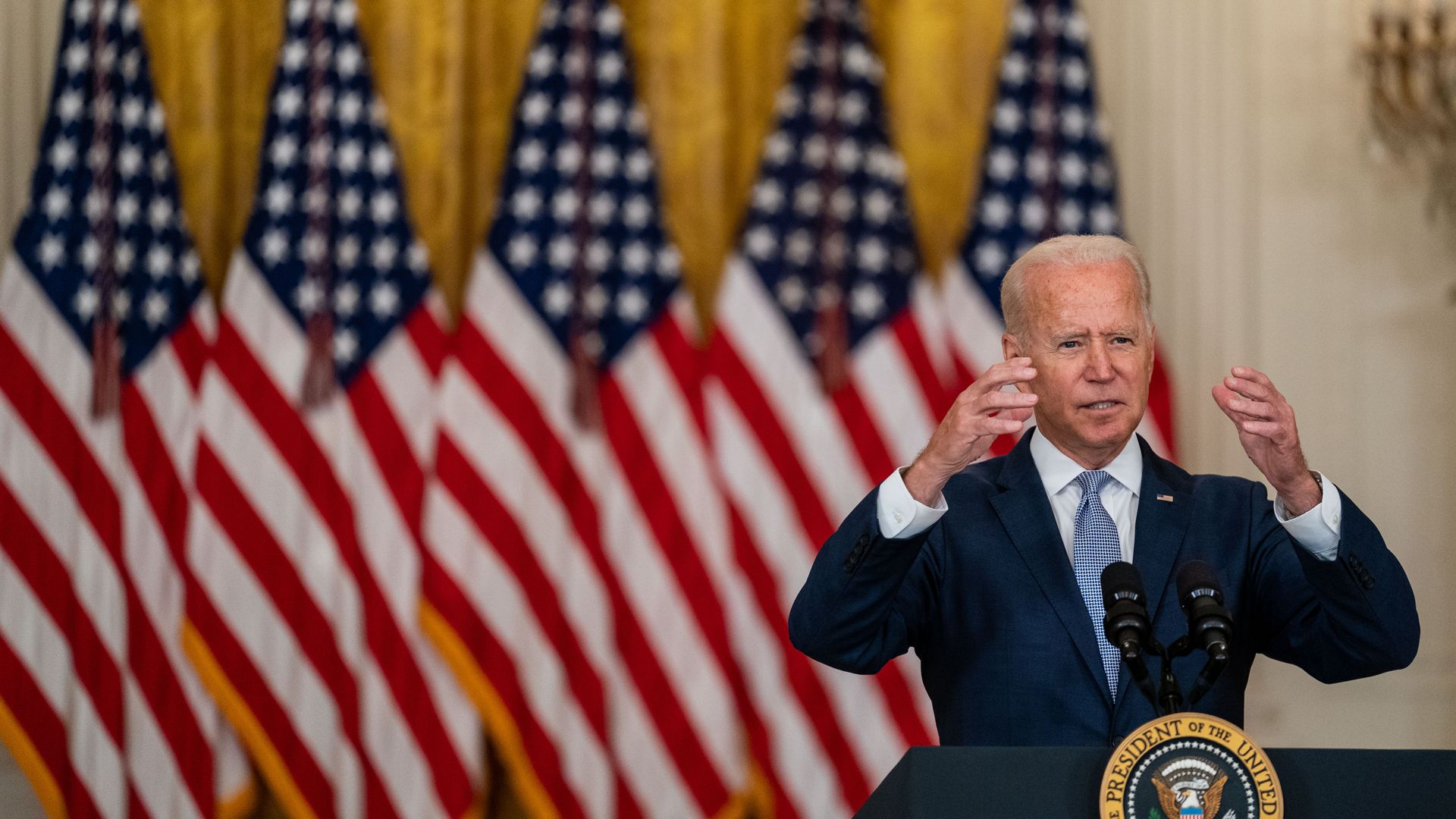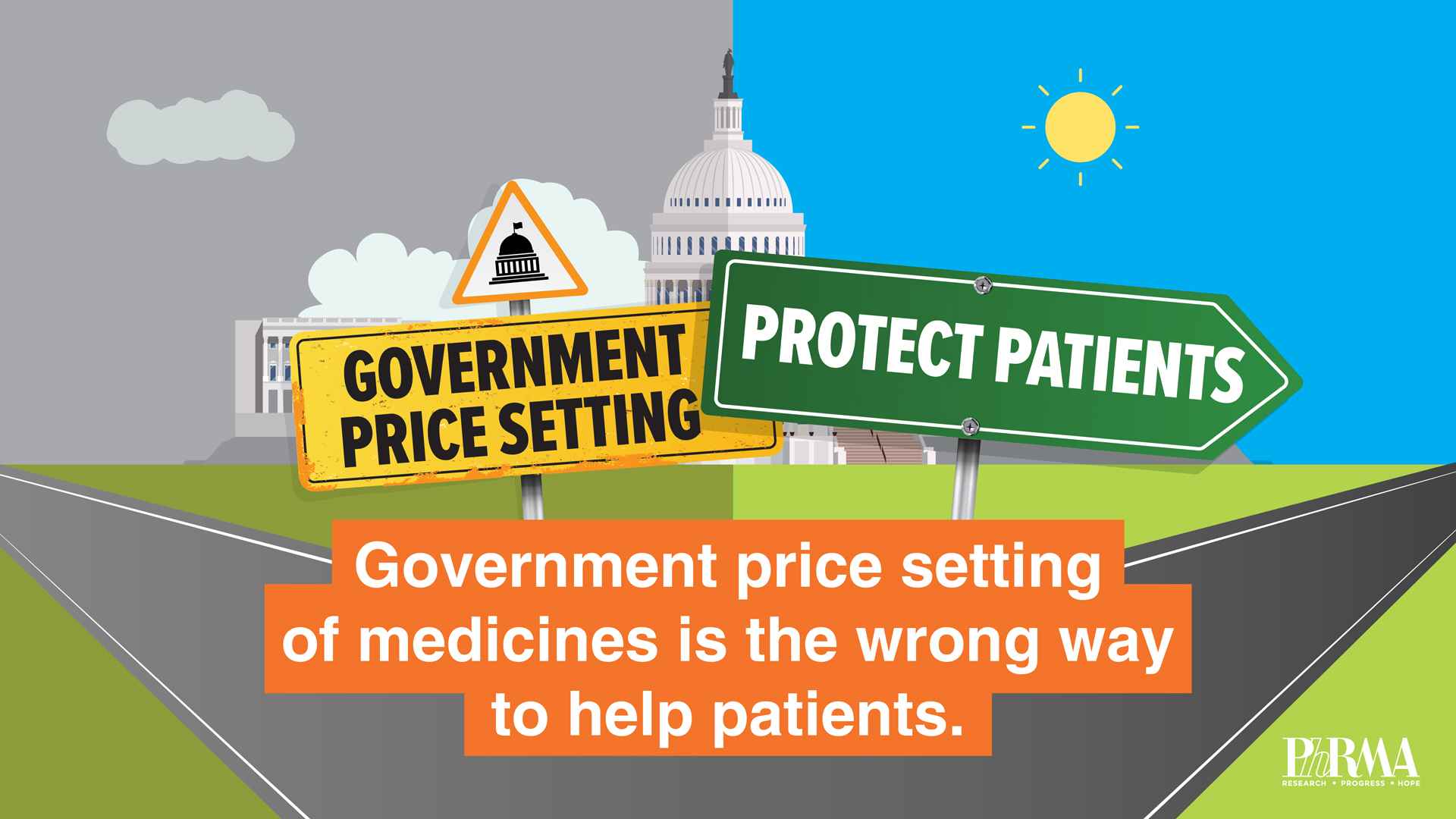| |
| |
| |
| Presented By PhRMA |
| |
| Axios Vitals |
| By Caitlin Owens ·Mar 01, 2022 |
| Good morning. I'm back in the Vitals driver's seat today. Shoot me some hate mail if I've totally forgotten what I'm doing. - In case you haven't heard, our team has added a member! Axios senior health care editor Adriel Bettelheim is also helping out with today's newsletter, and you'll probably see his name a lot from here on out.
Today's word count is 1,043, or a 4-minute read. |
| |
| |
| 1 big thing: The limits of "following the science" |
 |
|
| Illustration: Aïda Amer/Axios |
| |
| Two years into the pandemic, the idea of "following the science" has oversimplified what's actually a complex array of factors that policymakers must weigh in formulating a response, Axios' Alison Snyder and I report. Why it matters: Science has been weaponized time and again to justify or defend positions held by both policymakers and public health experts. Even when data is irrefutable, people can disagree on the application of that data and how much value to give other factors. The big picture: President Biden took office vowing to "follow the science." But science is much less of a road map than it is information that should be used to choose the best route. - For example, science told us last summer that the vaccines' effectiveness had waned over time. But it didn't tell us what level of effectiveness was acceptable, or if and when a booster shot was needed. Policymakers and regulators had to provide those answers.
- "Two different scientists can look at the same set of data and come up with different conclusions. That's not to say that one person is being unscientific or ignoring the scientific process," said Leana Wen, an emergency physician and a professor at George Washington University. "Public health policy is also a measure of values."
Even once a decision is made, policymakers and health officials can then fail to adequately communicate how they made it — including by overstating the role of science. The bottom line: The pandemic touches so many parts of society that science alone, no matter how complete a set of data is, can't be the sole determiner of policy. Go deeper. |
    |
| |
| |
| 2. What we're watching in the State of the Union |
 |
|
| Photo: Kent Nishimura Los Angeles Times via Getty Images |
| |
| Tonight's State of the Union address will give Biden another chance to plug his stalled health care agenda — and set the tone for the next phase of the pandemic response, Adriel reports. Why it matters: Biden has a narrowing window to address prescription drug pricing and other parts of his blocked Build Back Better plan before the midterm elections. The speech could launch a reboot of BBB without as many big-ticket items. - "We continue to think that if there is a bill, and that is a big if, it will include a drug pricing component that is largely what passed the House as a payfor to extend ACA expansions that passed as part of the American Rescue Plan," Cowen analysts Eric Assaraf and Rick Weissenstein wrote in a policy note.
What we're hearing: Biden on Tuesday could also tout steps his administration is taking to ease medical supply chain disruptions, to ensure there's enough personal protective gear and COVID-19 testing capacity if there's another surge. - The U.S. also wants to diversify the drug supply chain and reduce its reliance on imports of certain medical products.
Don't forget: Biden's expected to use the speech to hail a return to normal from pandemic restrictions, including showing the country that in-person work can be safe. It's a point he'll likely make again in a separate COVID speech later this month. |
    |
| |
| |
| 3. Biden's COVID report card |
 Data: Axios/Ipsos poll; Chart: Will Chase/Axios Americans are abandoning COVID-19 fears and safeguards after severe illnesses fell, states dropped mandates and the CDC relaxed its guidelines, according to the latest installment of the Axios/Ipsos Coronavirus Index. Why it matters: As Biden gives his State of the Union address tonight, more people feel the worst is behind them — but they aren't giving him credit. That's a devastating miss for a leader who won election on his promises to move the nation beyond the pandemic, Axios' Margaret Talev writes. - Just 35% of respondents said the Biden administration has done an excellent or good job jumpstarting the economy and supporting American small business.
- It's also underwater on communicating clearly with Americans, protecting front line health workers and supporting workers.
- 58% said the administration did an excellent or good job supporting vaccine development and distribution. That's the only measure where its approval ratings are above 50%.
Between the lines: Just 43% of respondents now say they trust Biden to provide them with accurate information about the virus, down from 54% a year ago. - That's still nearly twice as high as the 24% who say they trust former President Trump.
- But Biden isn't running against Trump anymore — he's running against his expectations, and, by extension, so are the Democrats on this year's ballot.
Go deeper. |
    |
| |
| |
| A message from PhRMA |
| The cost of medicine needs to be predictable and affordable |
| |
 |
| |
| A majority of patients said they would prioritize lowering out-of-pocket costs over insurance premiums. In fact, 3 in 10 Americans who have insurance still face a financial barrier to care. Fixing health care means putting patients first. Learn more. |
| |
| |
| 4. Hospital prices vs outcomes |
 |
|
| Illustration: Aïda Amer/Axios |
| |
| Getting care from higher-priced hospitals in an emergency doesn't necessarily result in better outcomes — at least in markets that have little competition, according to new findings from the National Bureau of Economic Research. Why it matters: Hospital prices vary considerably across regions, and persistent mergers in recent decades have been blamed for driving up the cost of privately insured patients' care, Adriel writes. - Understanding the relationship between hospital prices, market concentration and quality is important as some policymakers weigh price regulation.
Where it stands: Researchers concluded that in concentrated markets, high prices likely reflect patients' lack of choices in getting care, not hospital quality. - More vigorous antitrust enforcement can lead to more efficient outcomes in markets where competition is geographically possible, the researchers write.
Yes, but: There are concerns that heavy handed price regulation could lower the quality of clinical care. What's more, the results may not fully reflect that sicker patients may be admitted more frequently to higher-priced hospitals — and it can be hard to obtain claims data with hospitals' prices. |
    |
| |
| |
| 5. Doctors' day at the Supreme Court |
 |
|
| Illustration: Gabriella Turrisi/Axios |
| |
| Lawyers for two doctors convicted of illegal opioid prescribing will argue their cases today before the U.S. Supreme Court, with potentially big implications for the medical profession, the NYT reports. Why it matters: The opioid crisis, which originated with prescription drug abuse, has led to a crackdown on excessive prescribing. But it's also made it harder for patients with chronic pain to get access to the medication they need, advocates say, in part because doctors are afraid of the legal risks. What we're watching: The lawyers will ask the court to overturn the doctors' convictions and establish a standard that allows doctors to raise a "good faith" defense. - Juries could then consider whether doctors believed they were using their best medical judgment when prescribing medication.
- "The court's decision on the broader legal questions could have significant implications for the latitude doctors can take in prescribing potentially addictive painkillers and other restricted medications," the NYT writes.
|
    |
| |
| |
| A message from PhRMA |
| The cost of medicine needs to be predictable and affordable |
| |
 |
| |
| A majority of patients said they would prioritize lowering out-of-pocket costs over insurance premiums. In fact, 3 in 10 Americans who have insurance still face a financial barrier to care. Fixing health care means putting patients first. Learn more. |
| |
 | Bring the strength of Smart Brevity® to your team — more effective communications, powered by Axios HQ. | | |
Post a Comment
0Comments